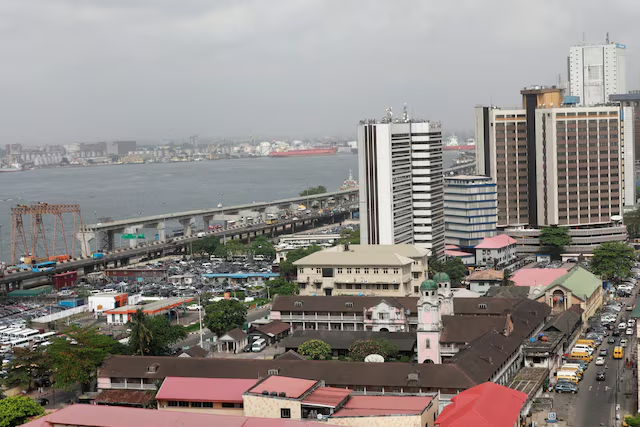EFCC Pushes for Law to Criminalize Unexplained Wealth in Nigeria

By Erewunmi Peace
Abuja, Nigeria — The Economic and Financial Crimes Commission (EFCC) has called on the National Assembly to pass legislation that would criminalize the possession of unexplained wealth, in a renewed effort to combat corruption and financial crimes in Nigeria.
Chairman of the Commission, Mr. Ola Olukoyede, made this appeal during a high-level anti-corruption forum in Abuja on Wednesday. He emphasized that the EFCC is increasingly hampered by legal gaps that prevent it from prosecuting individuals who own vast assets with no identifiable source of income.
“We have found civil servants owning five properties in Abuja, yet we are unable to act because there is no predicate offence. This is unacceptable,” Olukoyede stated.
The proposed law, if enacted, would empower law enforcement to probe and seize assets where the owner cannot provide a legal and credible source of funds — even without prior charges of theft, fraud, or embezzlement.
A Shift in Nigeria’s Anti-Corruption Strategy
Olukoyede revealed that the EFCC has uncovered widespread financial irregularities in sectors like oil and gas, with trillions of naira allegedly siphoned through fictitious contracts and ghost projects. He warned that the scale of unexplained wealth poses a serious threat to national security and economic development.
“Corruption is fueling insecurity. It’s no longer just an economic issue — it’s a matter of survival for Nigeria,” he added.
The EFCC Chairman also disclosed ongoing international efforts to trace and recover looted funds hidden in foreign jurisdictions, some as obscure as Iceland.
Support and Reactions
Legal experts and anti-corruption advocates have expressed support for the bill, describing it as a bold move toward transparency and accountability.
However, some human rights organizations have called for safeguards to prevent abuse of the law, stressing the need for due process and judicial oversight.
The proposed Unexplained Wealth Bill is expected to be formally presented before the National Assembly later this quarter.











































































































































































































































































































































































































































































































































































































































































































































































































































































































































































































































































































































































































































































































































































































































































































































































































































































































